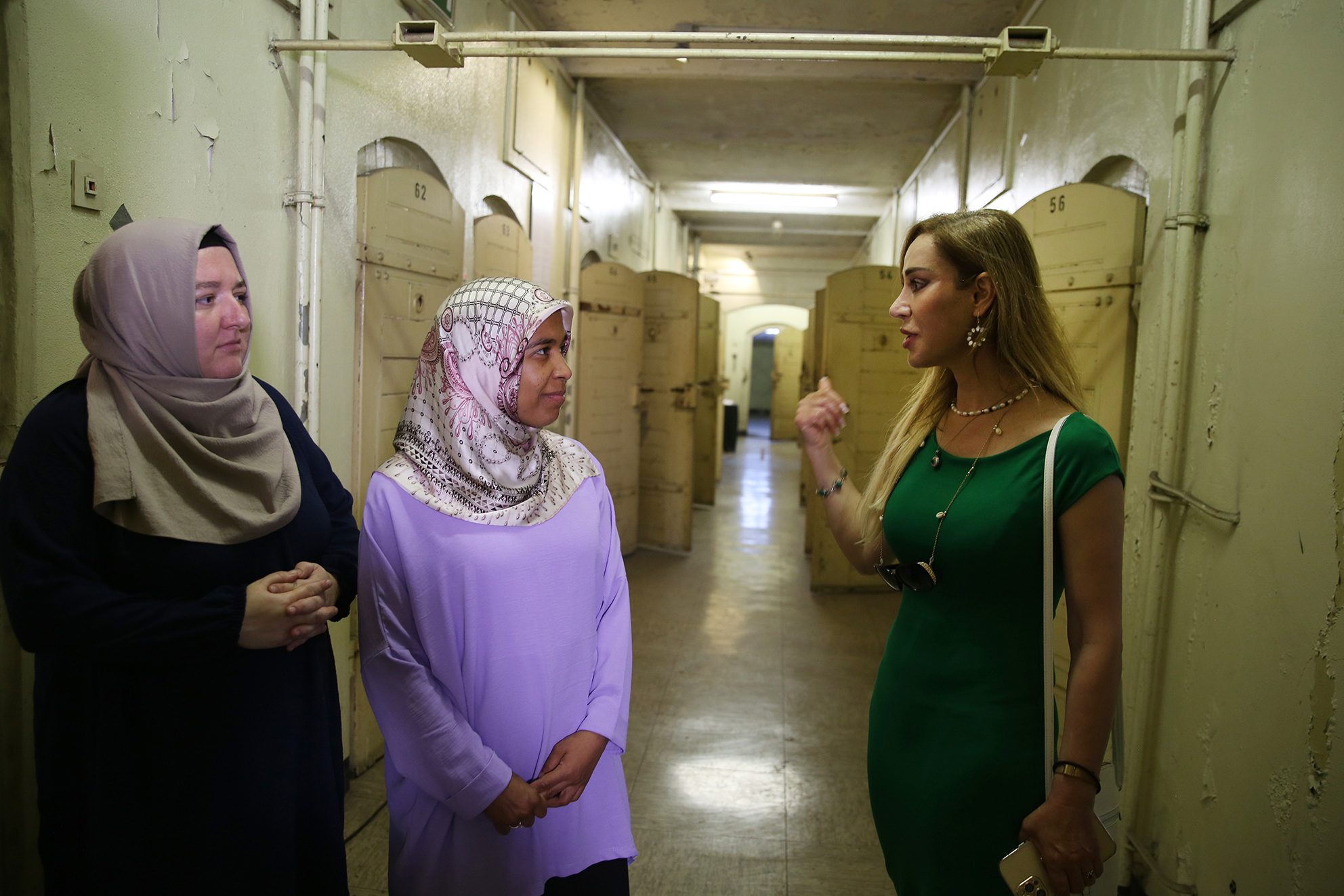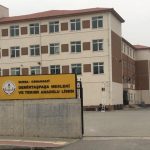The Tenkil Museum, a civic initiative dedicated to preserving the memory of those affected by Turkey’s crackdown on the Gülen movement, has launched a documentary series. The series focuses on the suffering of child victims caught up in the persecution.
The series is titled “Büyümez Ölü Çocuklar,” which means “Dead Children Don’t Grow Old.” It depicts the tragedies that befell children based on the testimony of women who witnessed them. The series was filmed in a former Gestapo prison in western Germany. Three episodes of the series have already been released on Tenkil’s YouTube channel. New video episodes are scheduled to be released on October 21 and November 11.
In the first episode, titled “There Was A Baby,” Hozan Canê, a Kurdish musician who was previously imprisoned in Turkey for her songs, shared her experience.

“This place reminds me of the conditions that women and children in Turkey are facing right now,” she said, referring to the Klapperfeld police prison where the documentary was filmed. “There are women and children held in cells worse than these. I want to be their voice.”
She continued, “I lived in a ward with a 20-day-old baby for seven days. We had hot water for only half an hour a day, and the temperature was 44 degrees Celsius. I want to tell this to the world.”
“We should touch every mother with this story,” Canê said. “How would you feel if your child were in such a predicament?”
She went on to describe her experiences in the prison, saying, “I have seen many innocent people there who were on trial. I have witnessed the pain of newborn babies. I have seen soldiers raiding the wards at 3 o’clock in the morning. I have seen every kind of mistreatment.”
“My luck was that I was a German citizen and a famous Kurdish singer. They saved me, but thousands of people continue to suffer from the persecution. My plea to everyone is: Please have empathy. It could be your children as well. This monster will devour everyone around it as it grows.”
Gonca Kara, a former kindergarten teacher who was prosecuted over her work for a Gülen-affiliated school, told the story of her children, Mustafa and Gülsüm, who died in the Aegean in September 2019 after their boat capsized during their attempt to flee to Greece.

“I have close German friends here,” says Kara. “When I tell them my story, they say: ‘We used to see such stories in the media, but your story has been much more heartbreaking. When I heard about your experience, I could no longer remain indifferent to news about children dying at sea.'”What I feel towards my country is resentment. We did not deserve this. I have always wanted to serve my country and children as a kindergarten teacher. Teaching was my passion.”
The third video featured Zekiye Ataç, who is the mother of Ahmet Burhan Ataç. Ahmet Burhan suffered from bone cancer and passed away at the age of eight. Zekiye Ataç and her husband were imprisoned for working at a student dormitory linked to the Gülen movement. When she was released on bail pending trial, she discovered that her son had already fallen ill.

“Doctors told us that the emotional shock caused his immune system to fail,” said Ataç. “They said that this type of bone cancer was extremely rare among children.”
Ahmet Burhan had to travel to Germany for treatment. However, his mother was not allowed to accompany him because she was under a travel ban. Ahmet Burhan refused to stay in Germany without his mother and returned to Turkey. Due to widespread public outcry and calls from many celebrities, his mother was granted a passport months later. Unfortunately, by then, the illness had already progressed too far.
“I believe he is in a better place now. I believe his pain has ended. He went through a lot in Turkey,” said Ataç.
The word “tenkil” in Turkish means “purge,” and the Tenkil Museum aims to highlight the human suffering caused by Turkey’s persecution of the Gülen movement since the failed coup d’état in July 2016.
The Turkish government accuses the Gülen group of organizing the attempted coup, but the movement denies any involvement. Outside Turkey, the narrative about the movement has been met with skepticism, with the US and the EU refusing to comply with Ankara’s demands to designate the group as a terrorist organization.



